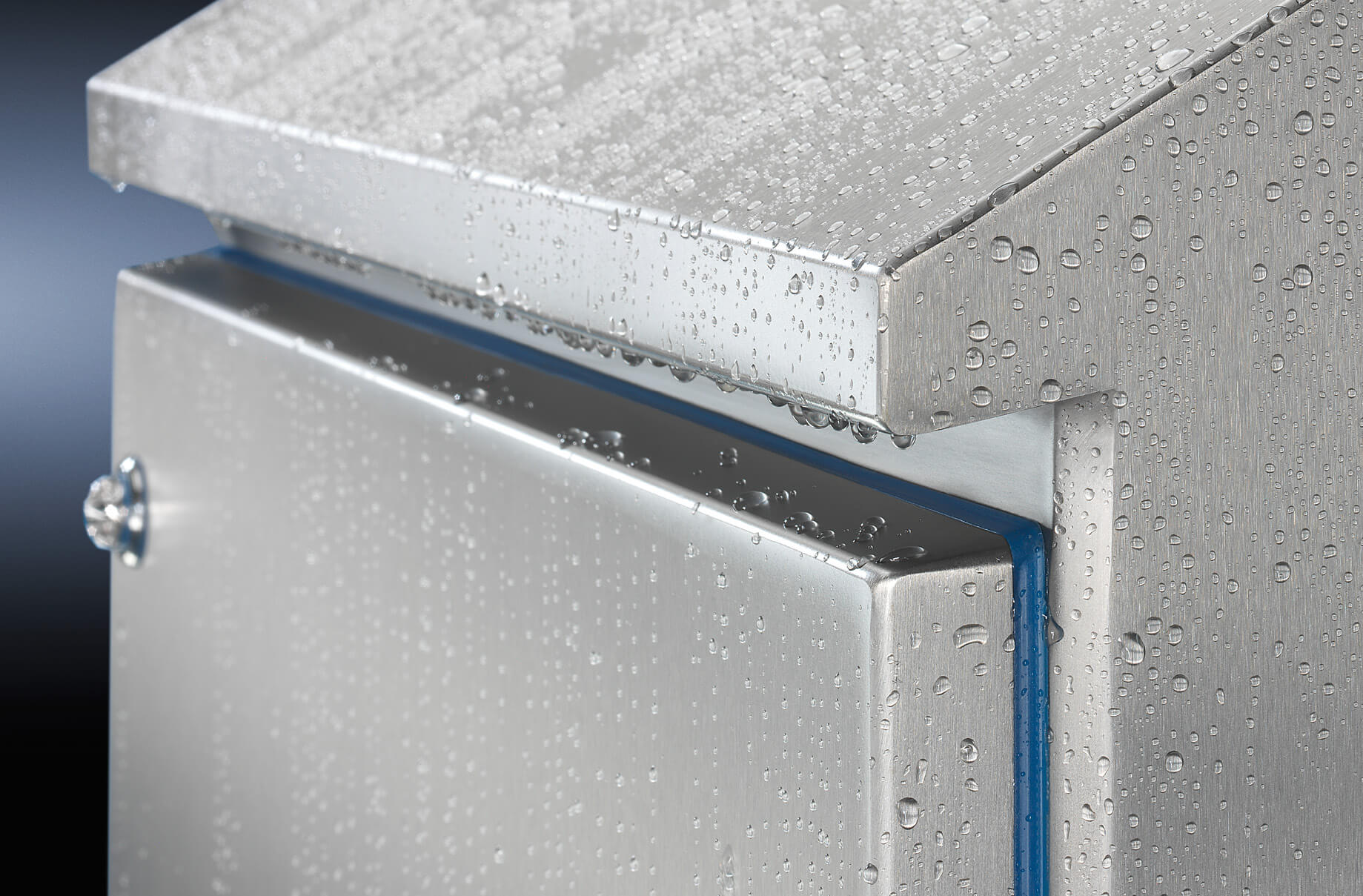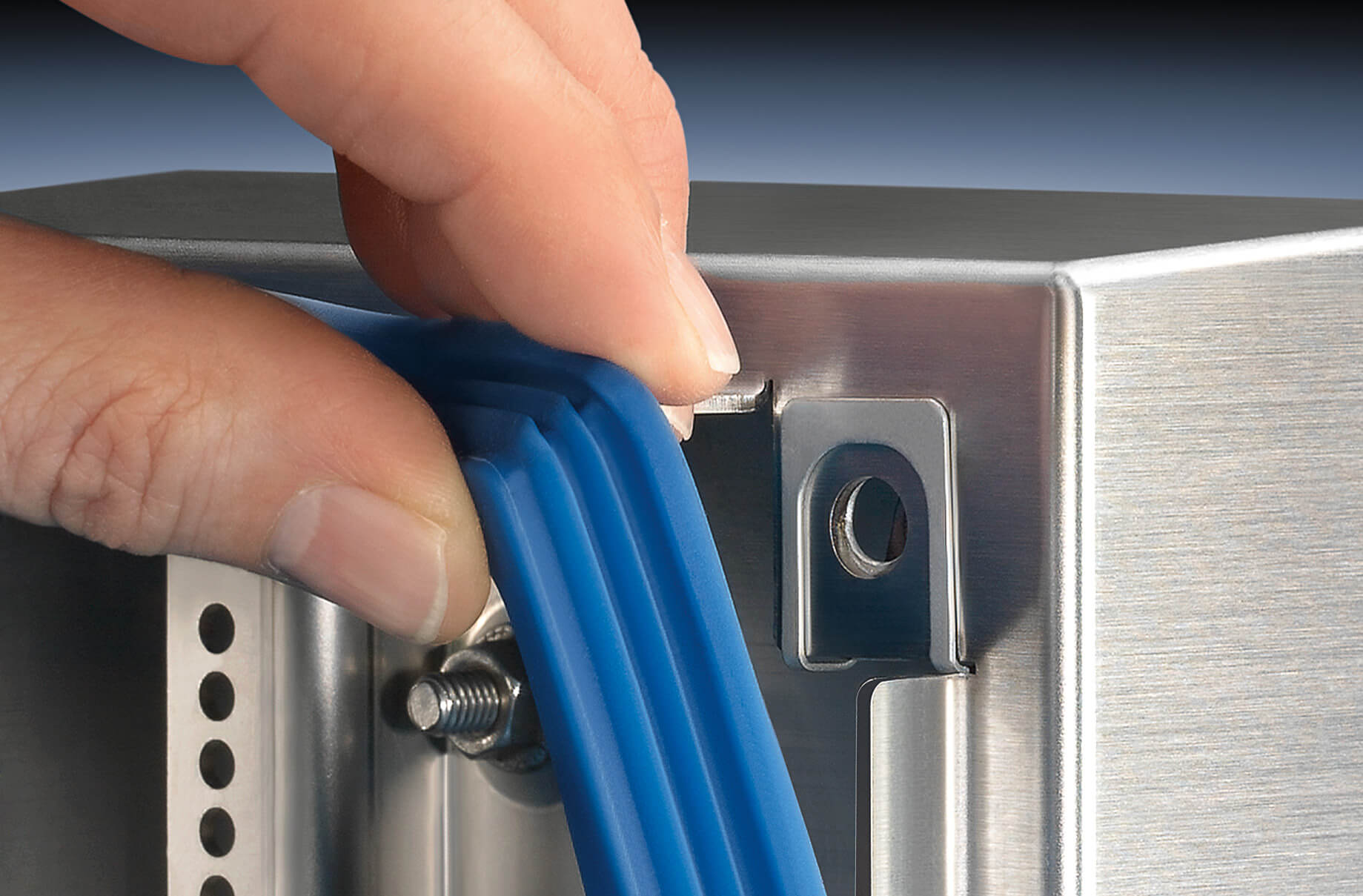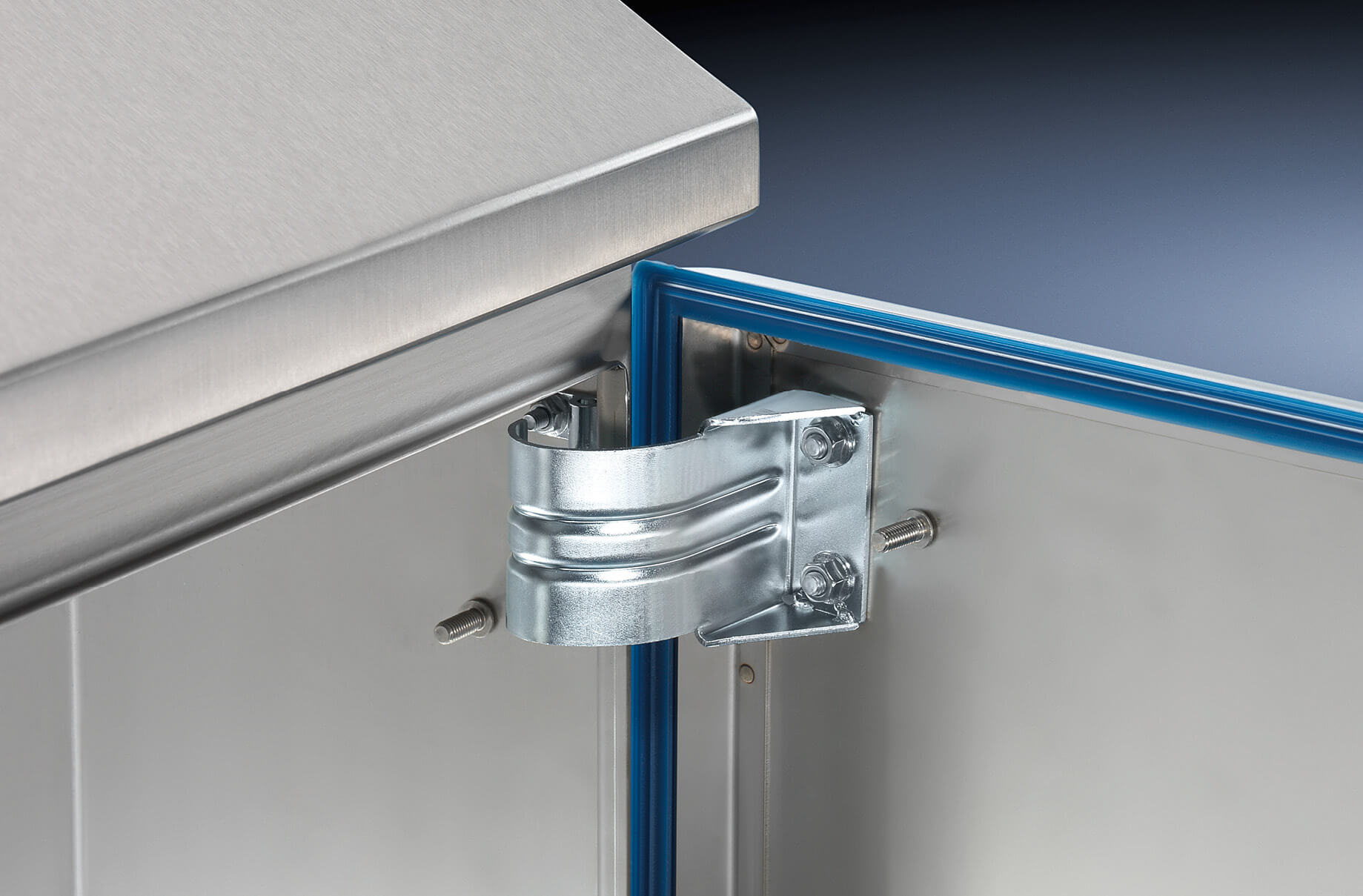Text Rebecca Lorenz ––– Photography
Mould spores, mouse droppings and cockroach nests – what food safety inspectors found in the production plant of a large German bakery a few years ago was anything but appetising. Unfortunately, shocking hygiene violations like these are not as rare as you might hope. Whether in Germany, the USA or China, new cases are constantly hitting the headlines. As consumer confidence crashes, it is not uncommon for these incidents to end with the company in question closing its doors for good. After all, when it comes to food safety, both the authorities and consumers take matters very seriously.
It is no surprise then that hygiene regulations for the food industry are set out at both international level – as with ISO 22000, Hazard Analysis and Critical Control Points and the Codex Alimentarius – and national level. Keeping track of all these rules and regulations is no easy task, particularly for small and medium-sized business. However, it is not impossible, as Dutch food processor Huuskes has shown.
Established in 1956, the company is one of the leading suppliers of raw, frozen and convenience foods in the Netherlands, employing a workforce of more than 800 and generating 100 million euros in sales. “To make sure we don’t let our customers down, we are always looking to maximise quality and hygiene standards in production,” explains Frank Hagmolen, Head of Technical Services at Huuskes. And what about legal requirements? They are the minimum standard at the company. The company is also implementing the latest guidelines from the European Hygienic Engineering and Design Group (EHEDG), which affect first and foremost the working environment of the processing machinery.
Hygienic Design boosts product safety
Food production at Huuskes centres on the state-of-the-art machine and plant technology, which is controlled on a largely automated basis with the aid of scanners. Hygienic design – i.e. the engineering of hygiene-compatible machinery, plants, housings and enclosures – is an important factor for product safety in food processing. Dirt must not be allowed to accumulate or remain on surfaces and must be easily removable.
“We would prefer it if all our suppliers could guarantee optimum ease of cleaning for their products,” points out Hagmolen. “Since that isn’t the case, we do everything we can to find the best solutions ourselves.” That was why he approached Rittal.
“We asked our colleagues there to take an unbiased look at our production environment. External feedback is important to us. That’s the only way we can be objective.”
During a detailed inspection, the Rittal experts identified a problem in the production plant. The old plastic enclosures designed to protect the fire extinguishers from humidity and cleaning agents were unfit for purpose. “Due to their surface quality and design features, plastic enclosures work out less hygienic in the long run. Bacteria and dirt can accumulate on the surfaces and in the dead spaces,” explains Freddy van de Kolk, Key Account Manager at Rittal. That is a particular problem for food manufacturers such as Huuskes. Ultimately, customers trust that the products they are supplied with are totally germ free.
Fast, easy cleaning thanks to stainless steel
“Because stainless steel cleans up very well, significantly less cleaning agent and disinfectant needs to be used,” says van de Kolk. Hagmolen has also found the same over recent months: “The Hygienic Design enclosures enable easy and reliable cleaning. That is an important requirement for us, as we simply can’t compromise on hygiene.”
Supplied as standard with gap-free silicone seals, a sloping roof and a captive screw fastener, these stainless steel enclosures satisfy all European standards and guidelines – and also improve safety. After all, stored in their Hygienic Design enclosures, the fire extinguishers in the production plant are always in easy reach, should a fire break out.
For Hagmolen, the fact that Huuskes is certified to ISO 9001 and holds a Skal certificate for the storage and supply of organic products is a testament to the company. “There’s no better proof of quality and hygiene. Ultimately, these certificates show our customers that we meet even the highest standards.”�


